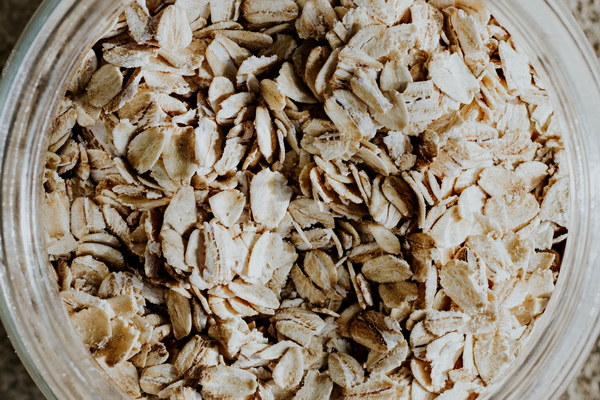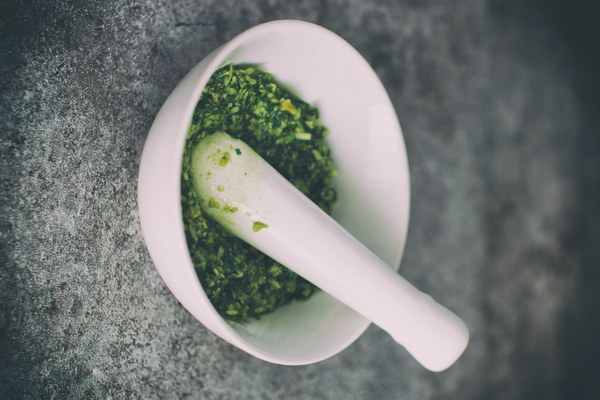Enhancing Liver Function during Chemotherapy for Cancer Patients A Comprehensive Approach
Chemotherapy is a vital treatment modality for cancer patients, aiming to eliminate cancer cells and prevent the spread of the disease. However, the treatment often comes with side effects, including liver damage. Liver function is crucial for overall health and well-being, as it plays a significant role in metabolism, detoxification, and protein synthesis. This article will discuss the importance of liver function during chemotherapy and provide insights into various strategies to enhance liver function in cancer patients.
Understanding the Liver's Role

The liver is an essential organ responsible for several critical functions in the body. Some of the key roles of the liver include:
1. Metabolism: The liver processes nutrients from the digestive system, converting them into energy and storing them for future use.
2. Detoxification: The liver filters harmful substances, such as toxins and drugs, from the bloodstream.
3. Protein synthesis: The liver produces proteins that are essential for blood clotting, immune function, and other bodily processes.
4. Storage: The liver stores vitamins, minerals, and glucose to provide a steady supply of energy throughout the day.
Liver Damage during Chemotherapy
Chemotherapy drugs are designed to target rapidly dividing cancer cells. However, these drugs can also affect normal, healthy cells, including those in the liver. This can lead to liver damage, which may manifest as:
1. Hepatotoxicity: The term hepatotoxicity refers to the toxic effects of certain substances on the liver.
2. Liver inflammation: Chemotherapy-induced liver inflammation can cause jaundice, fatigue, and abdominal pain.
3. Liver dysfunction: Severe liver damage can lead to liver dysfunction, which may require hospitalization and potentially life-saving interventions.
Strategies to Enhance Liver Function during Chemotherapy
To protect liver function in cancer patients undergoing chemotherapy, several strategies can be employed:
1. Nutrition: A well-balanced diet rich in vitamins, minerals, and antioxidants can help support liver function. Foods high in antioxidants, such as fruits, vegetables, and nuts, can help reduce oxidative stress in the liver.
2. Hydration: Adequate hydration is essential for liver function, as it helps the liver flush out toxins and maintain healthy blood flow.
3. Medications: Some medications, such as ursodeoxycholic acid (UDCA), may help protect the liver from chemotherapy-induced damage. UDCA is a bile acid that can help reduce liver inflammation and improve bile flow.
4. Avoidance of alcohol and other hepatotoxic substances: Alcohol and other hepatotoxic substances can further damage the liver and exacerbate chemotherapy-induced liver damage.
5. Monitoring liver function: Regular blood tests can help detect liver damage early and enable prompt intervention.
6. Supportive care: Psychological support, pain management, and other supportive care measures can help improve the overall well-being of cancer patients and minimize the impact of chemotherapy side effects.
Conclusion
Liver function is critical for overall health and well-being, especially in cancer patients undergoing chemotherapy. By implementing various strategies to enhance liver function, healthcare providers can help minimize chemotherapy-induced liver damage and improve the quality of life for cancer patients. It is essential for patients to work closely with their healthcare team to ensure optimal liver function during their cancer treatment journey.









